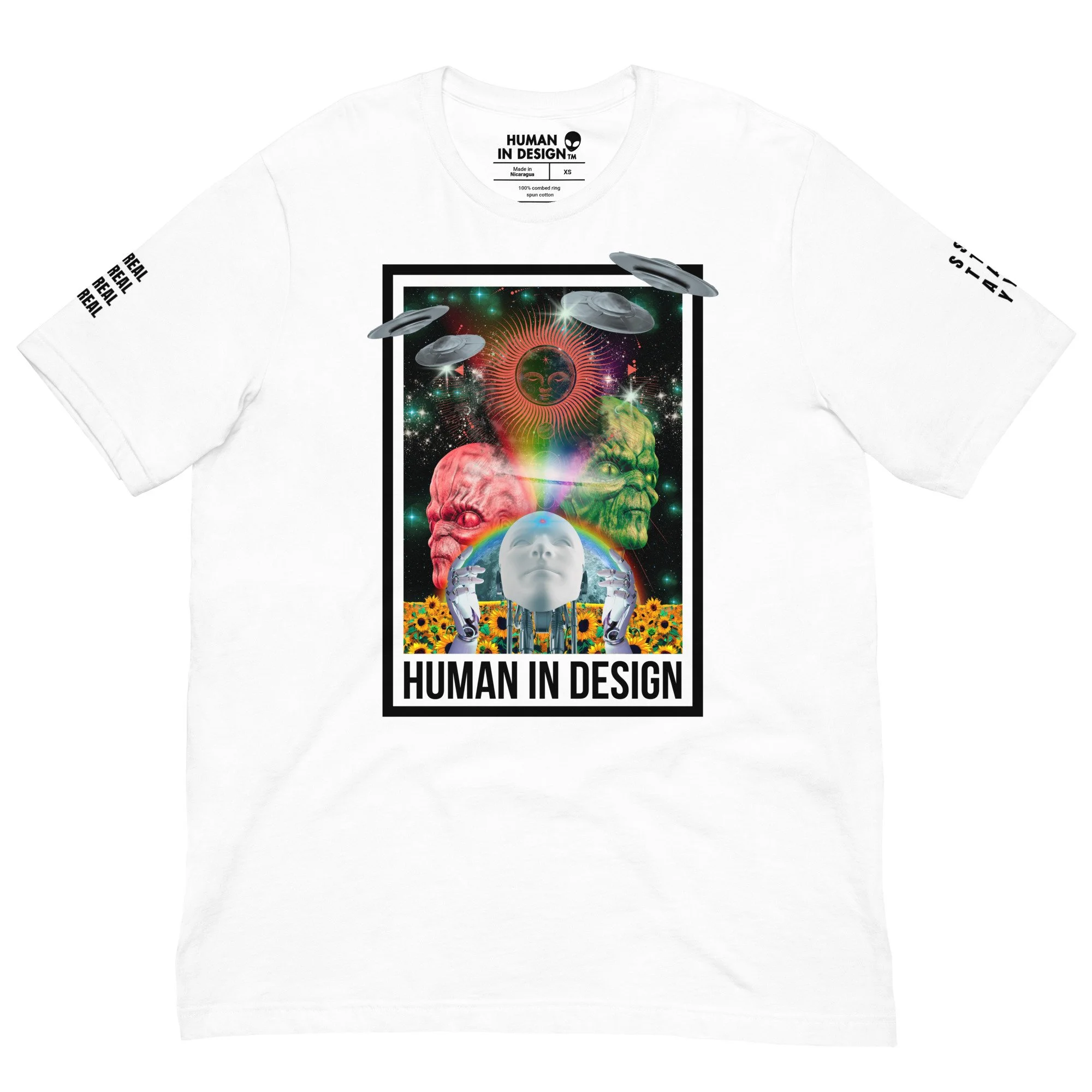The Importance of WRAP Certification: Knowing How Your Apparel is Made
“ While sweatshops are probably better than nothing, that doesn’t mean nothing is better than sweatshops. ”
Don’t worry. This won’t be a blog post that will shame you or tell you to throw out all your existing clothing from some of the most prominent apparel companies you know. No, I, M.-L. Stranger, the creator, and artist of Human in Design, am no goody-two-shoes, and yes, sweatshop conditions are sometimes still better compared to what people have to endure in other jobs in the countries where sweatshops are mainly run. However, why not do better instead of accepting the exploitation of this fact?
Also, I do understand that your own paycheck may force you to shop at low-cost retailers. No questions asked. However, have you ever wondered how the concept of getting shorted as a worker applies to yourself as well if you can barely make ends meet? Yes, this blog post is merely to tell you a bit about how stuff works, and then you may feel inspired to change the ratio of whom you shop from depending on what your wallet allows.
When I realized this cycle, and in this instance for the apparel industry, I read about WRAP. The WRAP (Worldwide Responsible Accredited Production) certification is one crucial tool that aids consumers in making informed decisions. In this article, together, we'll delve into the importance of WRAP certification and why, as a consumer, it's imperative to understand the origins and ethics of our fashion choices.
What is WRAP Certification?
WRAP certification is the world's largest independent factory-based social compliance certification program for the sewn products sector. This program focuses on ensuring that sewn products are being produced under lawful, humane, and ethical conditions. The certification revolves around twelve principles, which range from health and safety regulations to prohibition against forced labor and child labor.
Why is it Important to Know How Your Apparel is Made?
Ethical Responsibility: With the rampant rise of fast fashion, there has been a surge in unethical manufacturing practices. Sweatshops, child labor, and hazardous work environments are just a few of the grim realities hidden behind cheap price tags. As consumers, understanding the origin of our products can make us more ethical shoppers.
Environmental Impact: Sustainable and ethical manufacturing often go hand in hand. Brands that are transparent about their production process and follow certifications like WRAP often adopt more eco-friendly methods, thereby reducing the carbon footprint of the clothes we wear.
Quality Assurance: Ethical brands tend to invest more in quality. When workers are paid fairly and work in safe conditions, the quality of the products they produce often mirrors that respect.
Why are Sweatshops Bad?
Sweatshops are synonymous with inhumane working conditions, and here's why they are problematic:
Violation of Human Rights: Workers, often including children, are subjected to long hours, inadequate pay, and abusive conditions. This not only deprives them of a fair wage but also strips them of their basic human rights.
Health Hazards: Sweatshops rarely adhere to health and safety standards. This puts workers at risk of injury, respiratory issues, and in some cases, even death.
Economic Ramifications: Although it might seem like cheap labor is beneficial for the economy, in the long run, it suppresses wage growth and can hamper the economic development of the region.
Deterioration of Craftsmanship: Fast fashion and sweatshop-driven models encourage quick and cheap production over quality and craftsmanship. This can lead to a decline in local artisanal skills and traditions.
WRAP certification is more than just a badge. It represents a commitment to ethical manufacturing, ensuring that workers' rights are upheld and that the environmental impact of production is minimized. I believe that, as consumers, it's our responsibility to be conscious of our choices. By supporting brands that value transparency and ethical practices, we not only get better-quality products but also play a role in promoting a more humane and sustainable fashion industry. The next time you shop, think about the hands that made your apparel and the conditions they worked in – because fashion should feel good, inside and out. In the end, not only do you get more bang for your buck in the long run, but your bucks make sure that no one in the process of producing the stuff to cover your most private and non-private parts gets shorted.







